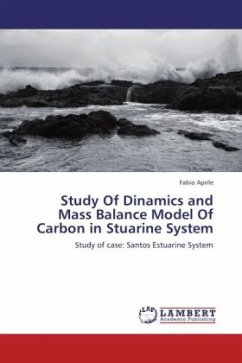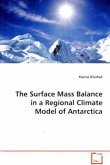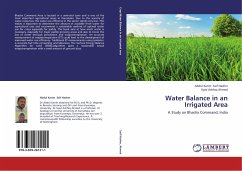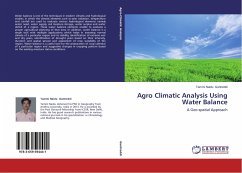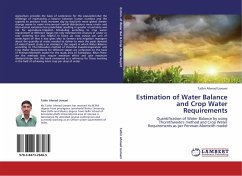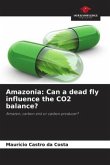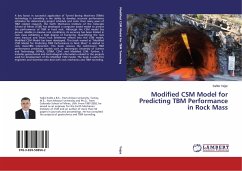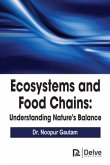This proposal aimed to study the carbon dynamics, describing the biogeochemical cycle in Santos Estuarine System (SES), verifying the correlation between the organic and inorganic forms of carbon within the aquatic ecosystem, and identify associations between the various carbon and the effluent resulting from human activity. The SES was chosen for the study due to strong exposure of the environmental impacts of various origins, including steel, plaster and paper mills; cement and fertilizer factories; chemical, petrochemical and metallurgical industries; the most important port of the Latin America, and discharge of untreated sewages from industrial and domestic sources. In more detail, the objectives were: to study the dynamics of carbon in water and sediment compartments; characterize the channels that make up the SES in morphometric aspect, to compare the methodological procedures used, and adapt them climatic conditions and nutritional the region, and propose and implement mathematical models of mass balance for carbon, which allow to simulate the dynamics of nutrients, and thus better understand the interactions between compartments that form the Santos Estuarine System.
Bitte wählen Sie Ihr Anliegen aus.
Rechnungen
Retourenschein anfordern
Bestellstatus
Storno

